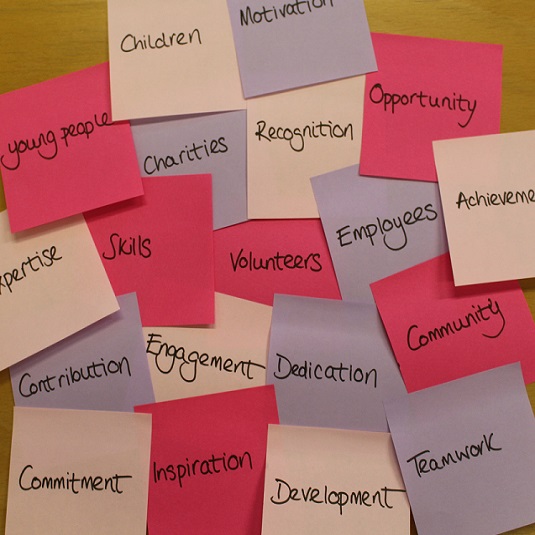Guest Blog, Lucy Fowler, Fun with Numbers
I’m Lucy, and I’m currently studying for an MSc in Development, Disorders and Clinical Practice with the Psychology Department at the University of York, after finishing my undergraduate degree in Psychology here too! In the next academic year I will be starting my PGCE to become a Primary school teacher with the University of Huddersfield.
From November 2021 to July 2022 I have worked as a Research Assistant for the Numerical Cognition Lab in the Psychology department who have collaborated with York Cares to develop the Fun with Numbers programme – a game-based maths intervention for children in KS1 and early KS2, modelled on York Cares’ well-established Right to Read programme which has successfully helped children learn to read across the nation for a long time. Surprisingly, nothing like this has been available to help children who struggle with maths, despite mathematical skills being really important in protecting against negative future outcomes including poor life skills and unemployment. My role in this programme has been to help start bringing it to life in our local community!
As part of this role, I have organised the materials needed to deliver our programme into boxes of resources containing the eight different maths games and volunteer guidance packs, designed and collated by York Cares and the Numerical Cognition Lab, that will go into local primary schools. Our games engage a range of mathematical skills, from counting up to 20 and simple addition of numbers on dice to thinking about place value of three digit numbers and speedy sums and subtractions. My personal favourite game is “Guess My Number” in which, very much like Guess Who, children have to ask each other questions in order to be able to guess the number their opponent is thinking of. I like it because it challenges children to think about the properties of numbers, such as how big they are or whether they are even or odd, in ways they wouldn’t usually.
As we have emerged from the pandemic, I have been able to lead some volunteer training, alongside York Cares’ Ronan Crawford-Ellin and members of the University of York’s York Students In Schools organisation, in which I gave research-grounded information on the importance of improving mathematical abilities and the psychological theory of maths skills development in childhood. Volunteers had a chance to practise our games with one another and think about how they might come alive when played with children in school settings. I found it very helpful to ask for volunteer feedback throughout these sessions to gain an insight into their hopes and ideas for the Fun with Numbers programme, and how best I could support them throughout their placements. The first official Fun with Numbers placements for University students, as overseen by York Students in Schools and York Cares, will begin in the Autumn term 2022.
In the meantime, I have been taking the Fun with Numbers programme into classrooms myself by working with Westfield Primary Community School in York. I’ve worked with children from Years 1, 2 and 3, in order to test out our games and judge which games best challenge the maths abilities of children in which year groups. Working on a 1:1, 1:2 and 1:3 basis with children I found that, though working with one child at once allowed me to best best scaffold their learning, when given the opportunity to play maths games with their peers, children became much more enthusiastic and engaged in their learning. I found this to be key as our programme aims not only to improve maths abilities but also, crucially, confidence in maths. Enjoyment in maths was easy to harness in the playing of our games because children instantly had fun and were able to comment on their own and their teammates (and my!) performance without any pressure or anxiety they may feel about maths in the classroom. In fact, children often didn’t realise they were actually challenging themselves perhaps more than they usually would. Each time I returned to the school, I was delighted to meet grinning faces in the corridors and be bombarded with questions like “Are you working with our class again? Can I play more games with you?” Teachers and teaching assistants also commented that children always came back into the classroom smiling. It was a real pleasure to see children become excited by maths as this was exactly something we had wanted to achieve.
I have high hopes for the student volunteers who will continue our piloting of the Fun with Numbers programme on a larger scale in the coming Autumn, and really hope that they have as much fun as I have in delivering the maths intervention with whichever year group in which they are placed. Following these placements, the Fun with Numbers team will use volunteer and school feedback to further refine the games and volunteer resources in order to continue bettering the programme. The team will then hopefully be able to run an evaluation of the programme to assess its effectiveness in improving maths skills and confidence in primary school children across York, some ideas for which we have already started to develop. In the future, I hope the programme can be rolled out again and again in more and more schools across the country! So, if you are looking for a volunteering opportunity and like the sound of Fun with Numbers, follow along for updates!
Guest blog, Lucy Fowler, University of York






